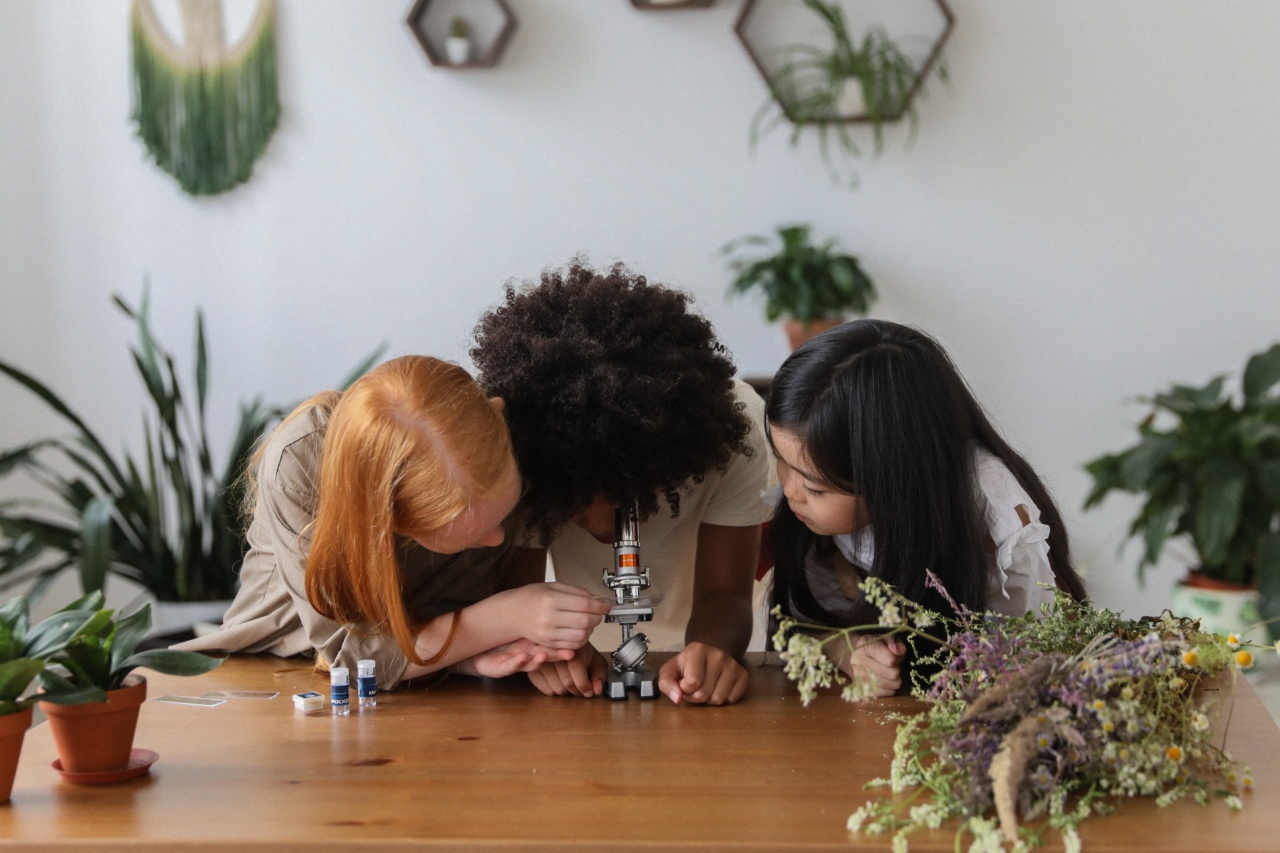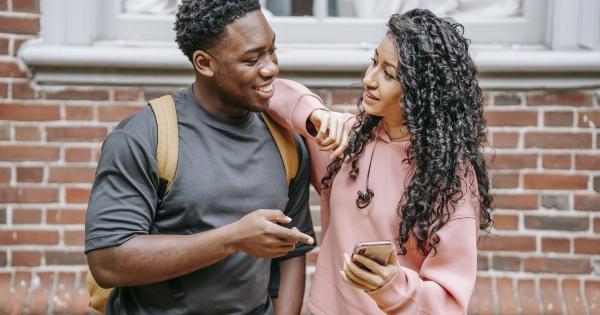Insecurity is a complex emotion that can arise in various social situations. One of the most common triggers for feeling insecure is when someone else is receiving attention.
While this is a natural human response, it can often leave us questioning our own self-worth and value. But why exactly do we feel insecure in these situations? In this article, we delve into the scientific explanations behind this phenomenon.
The Role of Comparison
One of the primary reasons why we feel insecure when someone else receives attention is because we tend to engage in comparison. As social beings, we often measure our own worth by comparing ourselves to others.
When someone else is getting attention, we can’t help but evaluate ourselves in relation to that person. This comparison can result in feelings of inadequacy and insecurity.
The Evolutionary Perspective
To understand this phenomenon further, it is essential to consider the evolutionary perspective. Our ancestors lived in tribes where social hierarchies played a crucial role in survival.
Those who successfully garnered attention and admiration from the group were more likely to receive support and protection. Feeling insecure when someone else gets attention can be seen as an instinctual response rooted in the need for survival within social groups.
The Brain’s Response to Social Comparison
When we compare ourselves to others, our brain processes this information in various regions, including the prefrontal cortex and the amygdala.
The prefrontal cortex is responsible for higher-order cognitive functions, such as self-reflection and evaluation, while the amygdala is involved in emotional processing.
Research using functional magnetic resonance imaging (fMRI) has shown that when individuals engage in social comparison, the prefrontal cortex becomes more active.
This increased activity suggests that we are constantly evaluating ourselves in relation to others, which can trigger feelings of insecurity if we perceive ourselves as falling short.
Additionally, the amygdala, which is involved in processing emotions, also plays a role in the experience of insecurity.
Studies have found that the amygdala is more activated when individuals perceive themselves as being socially excluded or receiving less attention compared to others. This heightened activity in the amygdala contributes to the negative emotions associated with feeling insecure.
Cultural and Social Factors
While our evolutionary history and brain functioning contribute to feelings of insecurity, it is important to note that cultural and social factors also play a significant role.
Society often emphasizes competition and achievement, leading individuals to place a high value on receiving attention and recognition.
Furthermore, societal expectations and norms regarding beauty, success, and popularity can intensify feelings of insecurity when someone else gains attention.
Media portrayals of idealized images and achievements can create unrealistic standards, making individuals feel inadequate in comparison.
The Role of Self-Esteem
The level of self-esteem individuals possess can also influence their response to others receiving attention.
Individuals with low self-esteem are more likely to feel insecure in these situations as they may already have a negative perspective of themselves. Seeing someone else gain attention can further validate their feelings of unworthiness.
On the other hand, individuals with higher self-esteem may feel more secure and confident in themselves, even when someone else is getting attention. They recognize their own strengths and accomplishments, allowing them to avoid feelings of insecurity.
The Impact of Social Media
In today’s digital age, social media platforms have become a significant source of attention and validation. Individuals are constantly exposed to highlights from other people’s lives, making it easier to compare oneself and feel insecure.
The curated nature of social media only exacerbates these feelings.
Moreover, the ability to see the number of likes, comments, and followers someone has can intensify insecurities.
The constant availability of feedback and metrics to measure popularity and attention-seeking behaviors can make individuals feel inadequate if they perceive themselves as falling short.
Overcoming Insecurity
While feeling insecure when someone else is receiving attention may be a common experience, it is possible to overcome this emotion.
Developing self-awareness and focusing on one’s own strengths and accomplishments can help build self-confidence and reduce the need for external validation.
Practicing self-compassion is another effective strategy for overcoming insecurity. Instead of being too hard on ourselves, we should learn to treat ourselves with kindness and understanding, recognizing that everyone is on their unique journey.
The Power of Empathy
Lastly, cultivating empathy towards others can also contribute to reducing feelings of insecurity.
Understanding that everyone has their own struggles and challenges allows us to celebrate the accomplishments of others without perceiving them as a threat to our own self-worth.
In conclusion, feeling insecure when someone else is getting attention is a complex emotion with various underlying factors. Our evolutionary background, brain functioning, cultural influences, and individual self-esteem all contribute to this response.
However, by fostering self-awareness, self-compassion, and empathy, we can navigate these feelings and cultivate a healthier sense of self-worth.






























